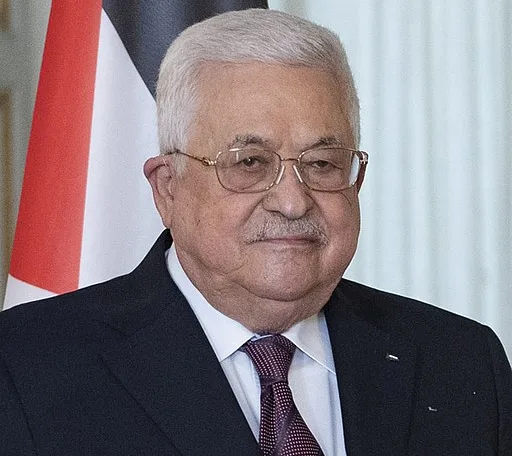Israel’s leaders denounce the ICJ ruling as antisemitic and harmful, while Palestinian President Abbas celebrates it as a triumph of justice
On July 19, 2024, the International Court of Justice (ICJ) issued a controversial legal opinion declaring the Israeli occupation of Palestinian territories unlawful and comparing it to apartheid. The ruling has ignited fierce reactions from Israeli leaders and Palestinian officials alike.
Israeli Prime Minister Benjamin Netanyahu was quick to denounce the ICJ’s opinion, labelling it as a flawed and biased attack on the state of Israel. “The Jewish people do not occupy their own land,” Netanyahu asserted. His condemnation was echoed by other prominent Israeli figures. Yair Lapid, leader of the opposition, criticized the ruling as “tainted by antisemitism” and claimed it serves only the interests of “Islamic terrorism.” Furthermore, far-right figures like Itamar Ben-Gvir and Bezalel Smotrich seized the opportunity to push for the annexation of the West Bank, viewing the ICJ’s decision as a challenge to their expansionist policies.
Embed from Getty ImagesIn stark contrast, Palestinian President Mahmoud Abbas hailed the ICJ’s ruling as a victory for justice. Abbas described the opinion as a recognition of Palestinian suffering and a significant step towards international accountability for Israeli actions. “This is a victory of justice,” Abbas declared, reflecting the sentiments of many Palestinians who view the ruling as a long-awaited affirmation of their struggle for statehood and human rights.
The ICJ’s decision marks a significant moment in the ongoing Israeli-Palestinian conflict, highlighting deep-seated international divisions over the issue. The ruling’s characterization of Israeli policies as apartheid has intensified the debate over the legitimacy and legality of Israel’s occupation and settlement activities in the West Bank and Gaza Strip.
The response from Israeli officials underscores the contentious nature of the international legal discourse surrounding the Israeli-Palestinian conflict. Critics argue that the ICJ’s decision could further inflame tensions and hinder the prospects for peace negotiations. On the other hand, supporters of the ruling view it as a crucial legal and moral stance against what they perceive as systematic violations of international law and human rights.
Analysis:
Political: The ICJ’s ruling has significant political ramifications, amplifying existing tensions between Israel and the international community. Israeli leaders, feeling cornered by the international condemnation, may harden their stance on the Palestinian issue, further entrenching the conflict. The decision could also impact international diplomatic efforts to mediate peace, potentially complicating negotiations and influencing the positions of various global powers on the Israeli-Palestinian conflict.
Social: The ruling reflects and exacerbates societal divisions both within Israel and internationally. In Israel, the opinion may galvanize nationalist and right-wing factions, reinforcing existing social and political rifts. In Palestinian territories, the ruling is likely to be celebrated as a validation of their grievances and a call to continue resisting occupation. Globally, the ICJ’s decision highlights the polarized views on the Israeli-Palestinian conflict, with different societies interpreting the ruling through the lens of their own political and ethical perspectives.
Racial: The comparison of Israeli policies to apartheid in the ICJ’s opinion has sparked a debate about the racial and ethnic dimensions of the conflict. Critics of the ruling argue that it unfairly targets Israel and ignores the complexities of the conflict, while supporters see it as an essential acknowledgement of systemic discrimination against Palestinians. The racial undertones of the ruling and its reception underscore the challenges of addressing deeply ingrained issues of identity, belonging, and equality in the context of international law.
Gender: Gender issues are less directly addressed in the ICJ’s ruling, but the broader conflict has significant implications for women and gender relations. In both Israeli and Palestinian societies, women are affected by the conflict’s socio-economic impacts, including displacement and violence. The ruling might influence gender dynamics by shaping the political landscape and affecting efforts to address gender-based disparities exacerbated by the ongoing occupation and conflict.
Economic: Economically, the ICJ’s opinion could have repercussions for Israel’s international trade and investment relationships. The ruling might lead to increased calls for economic sanctions or divestment from companies operating in Israeli-occupied territories. For Palestinians, the ruling could impact international aid and support, potentially influencing economic development efforts and the broader economic conditions in the region. The decision’s economic impact will likely be felt through shifts in global investment patterns and economic diplomacy related to the Israeli-Palestinian conflict.
